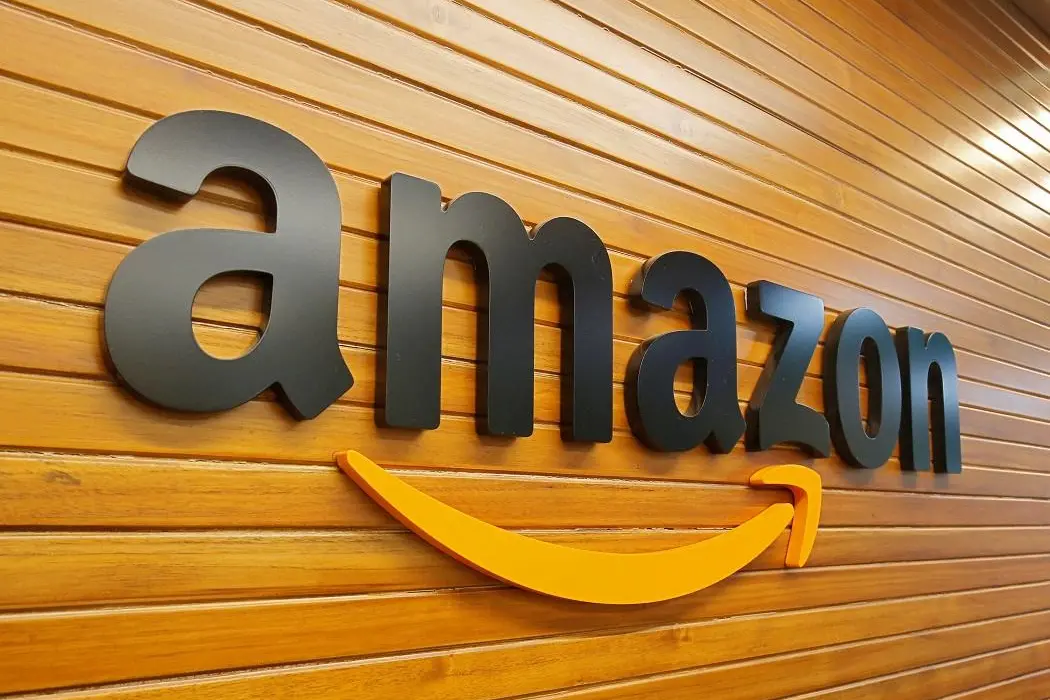PHOTO
NEW YORK - Jeff Bezos has added fasting to the meal-delivery menu. The founder of Amazon.com is closing its own outfit in the sector, Amazon Restaurants, after it failed to get much business. That leaves the likes of Grubhub, Uber Technologies and DoorDash trying to dominate a capital-hungry U.S. market with ever decreasing margins. Leaving them at the table looks like the smart move.
Bezos talked about the virtue of failed experiments in his recent 2018 letter to shareholders, saying that as companies grow, the size of their flops should, too. Otherwise, the business isn’t investing sufficiently. Amazon has had plenty over the years, scrapping attempts to get into hotel booking, daily deals and making mobile phones, as well as assorted experiments in delivering and picking up packages.
Knowing when to quit is perhaps just as important as taking chances for an expanding firm. Amazon is well-known for investing for years in businesses that are losing money. But a look at meal delivery suggests keeping it alive would have been an exercise in the fallacy of sunk costs.
The top-three players - $6 billion Grubhub, $12.6 billion DoorDash and $71 billion ride-hailing-to-scooters giant Uber - have over 80% of the market; Amazon Restaurants is stuck in the low single digits, according to Second Measure. While meal deliveries are rising, firms are fighting to expand their share and knock out rivals. The resulting price war is depressing margins steadily. Uber Eats’ take rate – or the amount it receives as revenue, as opposed to what the restaurant or driver claims – dipped below 10% in the first quarter after adjusting for extra driver incentives.
The pressure won’t let up soon. Uber and Grubhub want to show growth, while DoorDash and Postmates are mulling initial public offerings. And everyone is chasing the dream of knocking out rivals and reaping profit from hooked customers and less competition.
Amazon’s exit won’t alleviate competition. For firms that can’t, or won’t quit, merging with rivals could salvage a win. Uber, for example, bowed out of China, Russia and other ride-sharing markets in exchange for stakes local firms worth nearly $12 billion at the end of 2018. Indeed, DoorDash and Postmates considered a tie-up last year, according to Recode. As competition continues, the number of firms fighting it out may congeal.
CONTEXT NEWS
- Amazon.com will close its meal-delivery service Amazon Restaurants in June, according to a Wall Street Journal article on June 11.
- On May 17, UK delivery firm Deliveroo announced it had raised $575 million in a funding round led by Amazon.
(Editing by Antony Currie and Amanda Gomez)
© Reuters News 2019





















